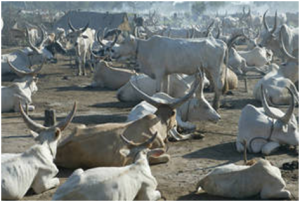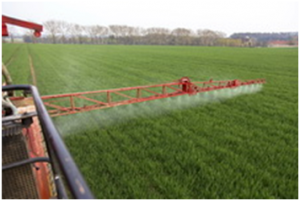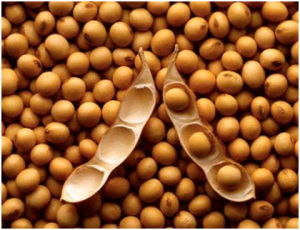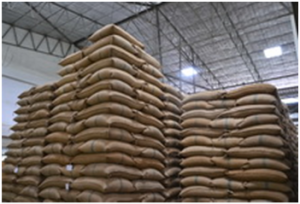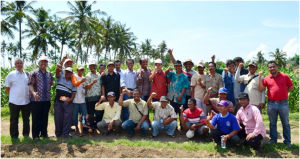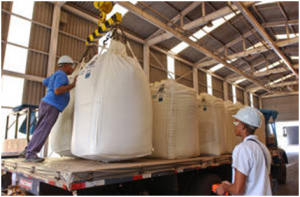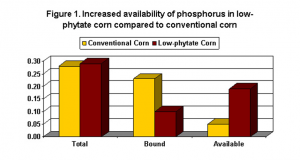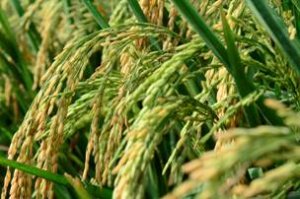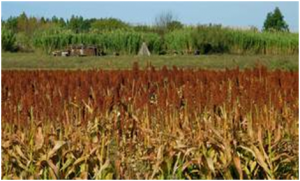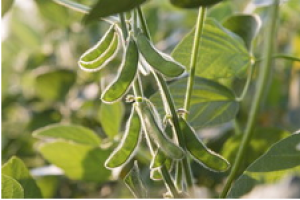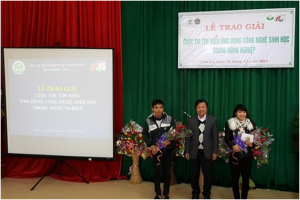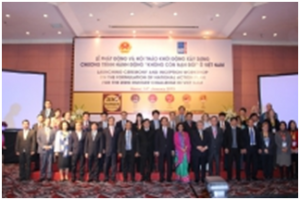|
Molecular signature shows plants are adapting to increasing atmospheric CO2
Saturday, 2016/08/27 | 06:35:16
|

Plantago lanceolata -- the plantain found in the high carbon dioxide springs and the subject of this study.
Credit: University of Southampton
Plants are adapting to increasing atmospheric CO2 according to a new study from the University of Southampton.
The research, published in the journal Global Change Biology, provides insight into the long-term impacts of rising CO2 and the implications for global food security and nature conservation.
Lead author Professor Gail Taylor, from Biological Sciences at the University of Southampton, said: "Atmospheric CO2 is rising -- emissions grew faster in the 2000s than the 1990s and the concentration of CO2 reached 400 ppm for the first time in recorded history in 2013.
"On the one hand, more CO2 is known to be good for plants, at least in the short-term because this drives up photosynthesis and plant growth including crop growth and food production. Indeed recent decades have seen the planet becoming greener as vegetation growth is stimulated as CO2 rises.
"Until now, few reports had given us any insight into the long-term impacts of rising CO2 over multiple generations and none have been undertaken on the molecular signature underpinning such adaptation. One reason for this is that's it's a difficult problem to crack -- to find plants that have been exposed to conditions of the future, but are available today."
To address this problem, the researchers used a unique resource -- naturally high CO2 springs where plants have been subjected to more CO2 over many hundreds of years and multiple plant generations. Taking plantago lanceolata plants from a 'spring' site in Bossoleto, Italy and comparing the molecular signature with the same plants from a nearby 'control' site (at today's CO2) revealed striking differences in the total gene expression (the process by which specific genes are activated to produce a required protein).
Read more at: https://www.sciencedaily.com/releases/2016/08/160824110910.htm |
|
|
|
[ Other News ]___________________________________________________
|


 Curently online :
Curently online :
 Total visitors :
Total visitors :


